- Arakan Army signals willingness to forge strategic partnership with Bangladesh’s new government
- Internet blackout in Arakan State hampers emergency aid delivery
- Arakan residents call for air raid warning systems amid surge in junta airstrikes
- Arakan’s Breathing Space (or) Mizoram–Arakan Trade and Business
- Death toll rises to 18 after junta airstrike on Ponnagyun village market
Scores of flu cases reported among Muslim IDPs in Sittwe Twsp displacement camp
More than 100 Muslim internally displaced people (IDPs) at Thetkelpyin IDP camp in Sittwe Township are reportedly suffering from seasonal flu, according to camp officials.
17 Jul 2023
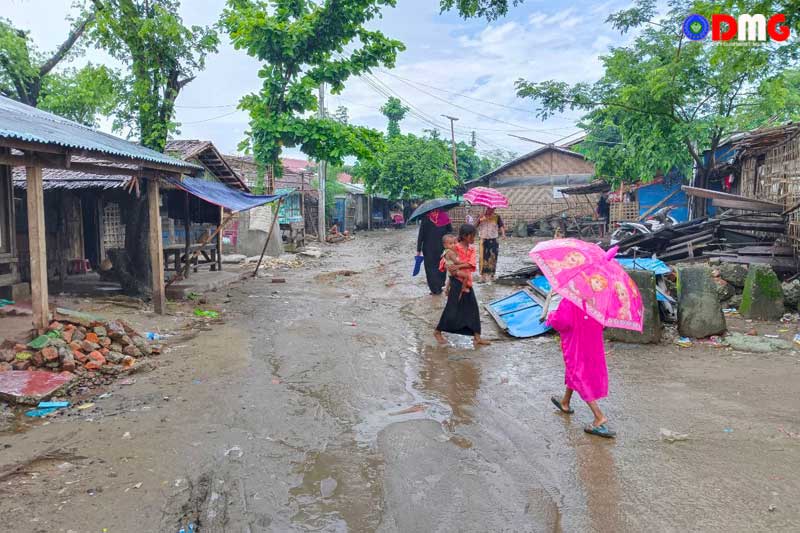
DMG Newsroom
17 July 2023, Sittwe
More than 100 Muslim internally displaced people (IDPs) at Thetkelpyin IDP camp in Sittwe Township are reportedly suffering from seasonal flu, according to camp officials.
“The weather makes people uncomfortable. It rained and the bedrooms were all wet, so IDPs have been infected with seasonal flu,” said U Gerkyayat, manager of the Thetkelpyin displacement camp.
The camp manager added that seasonal flu is common among children under 10 years old and the elderly, with those affected suffering from fever, runny nose, cough, body aches, diarrhoea and vomiting.
People diagnosed with seasonal flu typically go to a rural clinic in Thetkelpyin Village or private clinics in downtown Sittwe for treatment. Those who cannot afford visits to a medical provider often buy medicine from pharmacies instead.
“A child contracted the seasonal flu, and now our whole family is sick. As for me, my whole body is heavy and I can’t get out of bed,” said Daw Thein Mya, an IDP woman from the Thelkelpyin IDP camp.
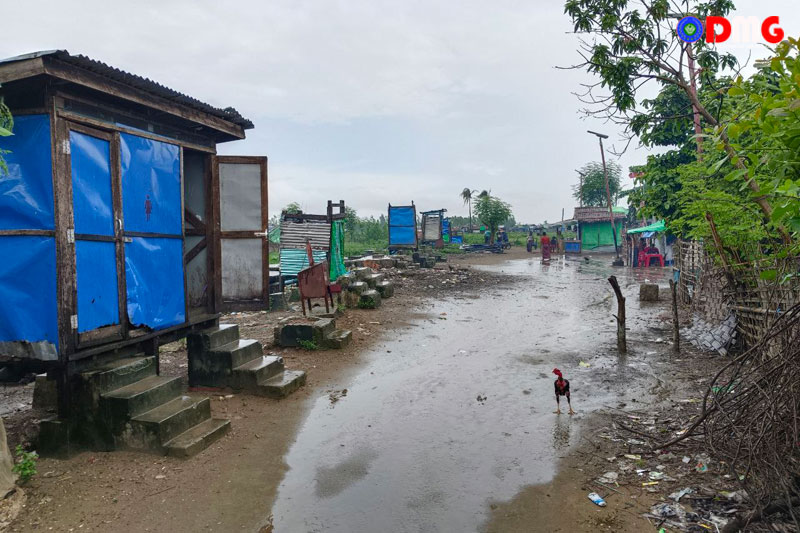
In the past, the Health Department and international organisations visited the displacement camp to provide healthcare services to the IDPs, but no such visits have been made by personnel from these entities since Cyclone Mocha struck Arakan State on May 14, IDPs said.
The Thetkelpyin IDP camp residents want the Health Department to provide healthcare services as soon as possible due to the high incidence of seasonal flu in the camp.
“No organisations have provided healthcare services to us. Some IDPs cannot afford to buy medicine from pharmacies. If you get malaria, you could lose your life, so we are worried about our safety,” said U Maung Lay, an official from the displacement camp.
Many shelters at the Thetkelpyin IDP camp in Sittwe Township, which houses more than 6,000 IDPs, were damaged or destroyed by Cyclone Mocha, and IDPs are facing difficulties as they have yet to repair their storm-battered shelters.
A doctor providing outpatient treatment said that the number of people infected with dengue fever, seasonal flu and pneumonia is increasing in various Arakan State townships over the past two months.
“Those who were affected by the storm had less immunity and became infected more quickly. Children are more susceptible to dengue fever, seasonal flu and pneumonia because their lung immunity is not as good as that of adults,” the doctor added.
Cases of the mosquito-borne dengue fever have become more common due to an increase in garbage and a lack of proper drainage and sanitation around houses and drains in post-cyclone Arakan State, according to public health professionals.
Making matters worse, there are not enough beds in the children’s wards of some hospitals due to the large number of children being admitted recently.
“My daughter got sick and was admitted to the hospital because her nose was bleeding,” said the mother of a child receiving treatment at Sittwe General Hospital. “The beds are so full of patients that there is no space left. The doctor even told us that if my daughter gets better, she can be discharged from the hospital, and that staying in the hospital is not good.”
Cases of dengue fever and seasonal flu have been on the rise in recent weeks: There were 409 cases of dengue fever from May to July 1, a significant spike in the post-Cyclone Mocha period, according to the Arakan State Department of Public Health.
More than months after Cyclone Mocha made landfall over Arakan State, the majority of storm victims in the state remain in need of emergency assistance including food supplies and healthcare services.




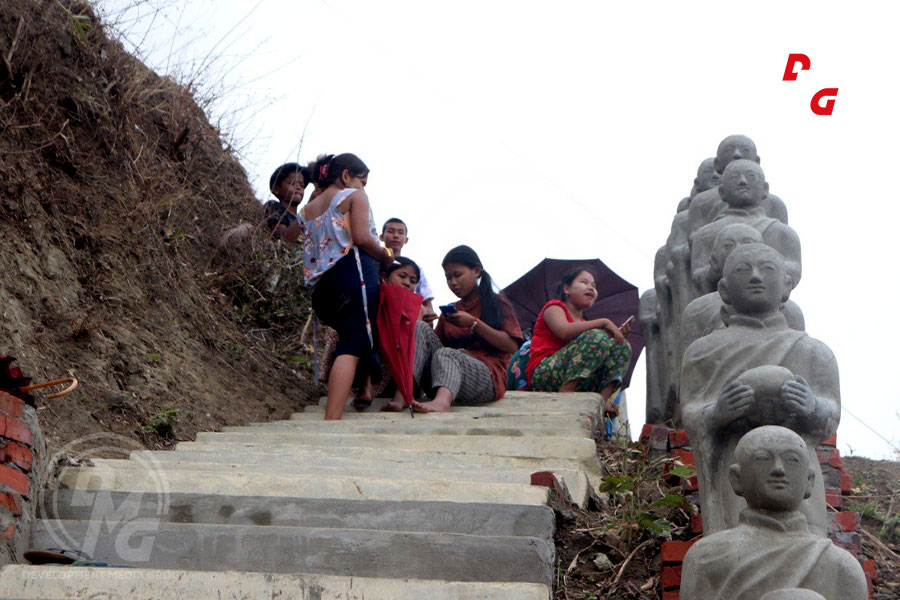
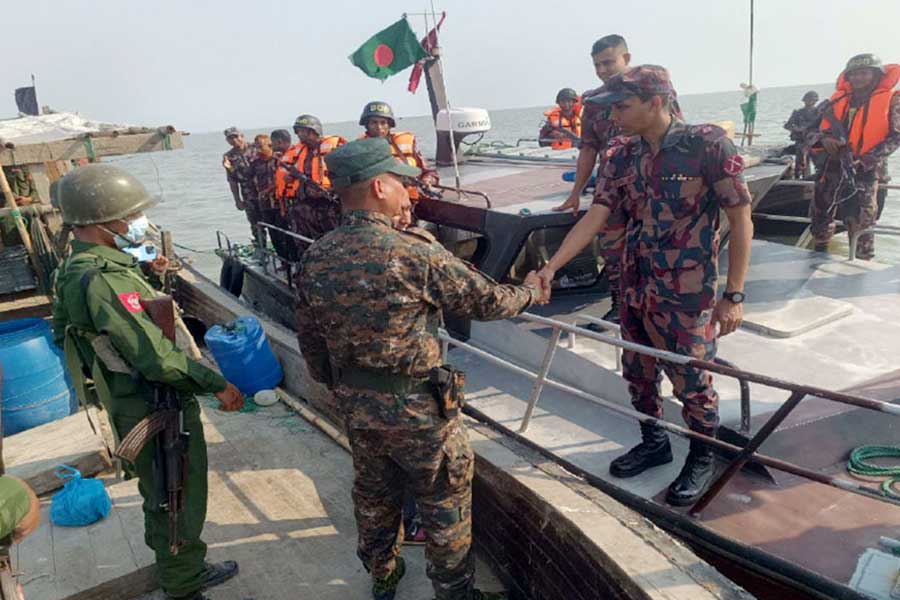
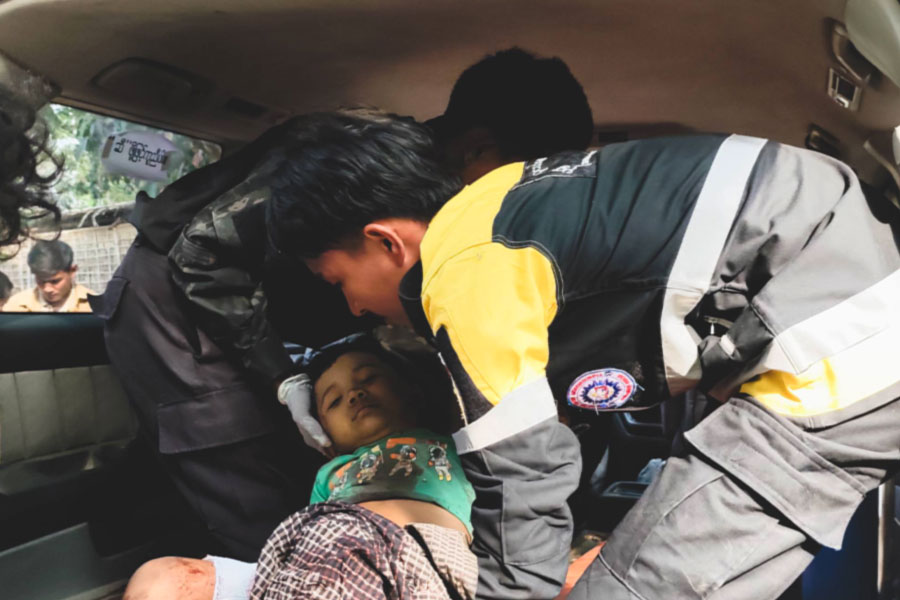

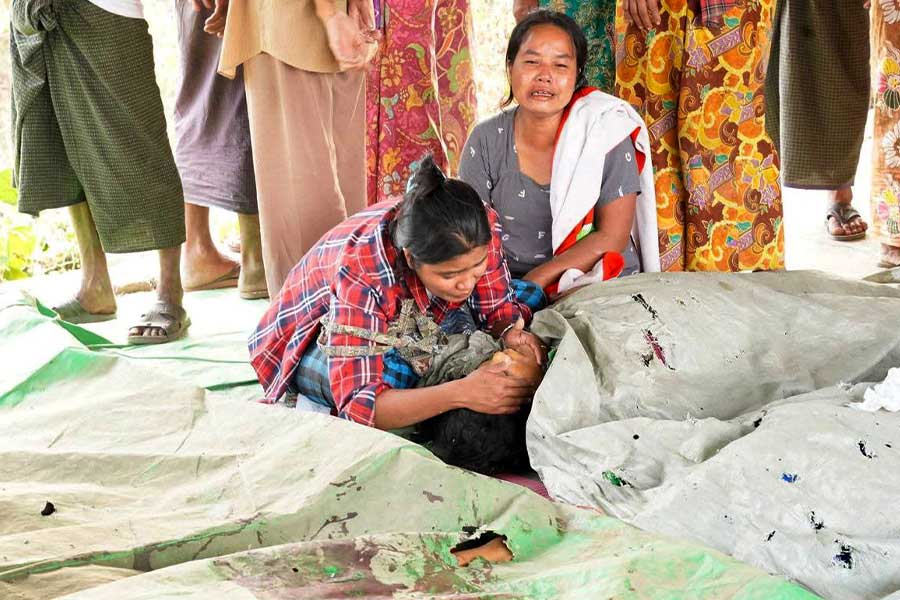








.jpg)